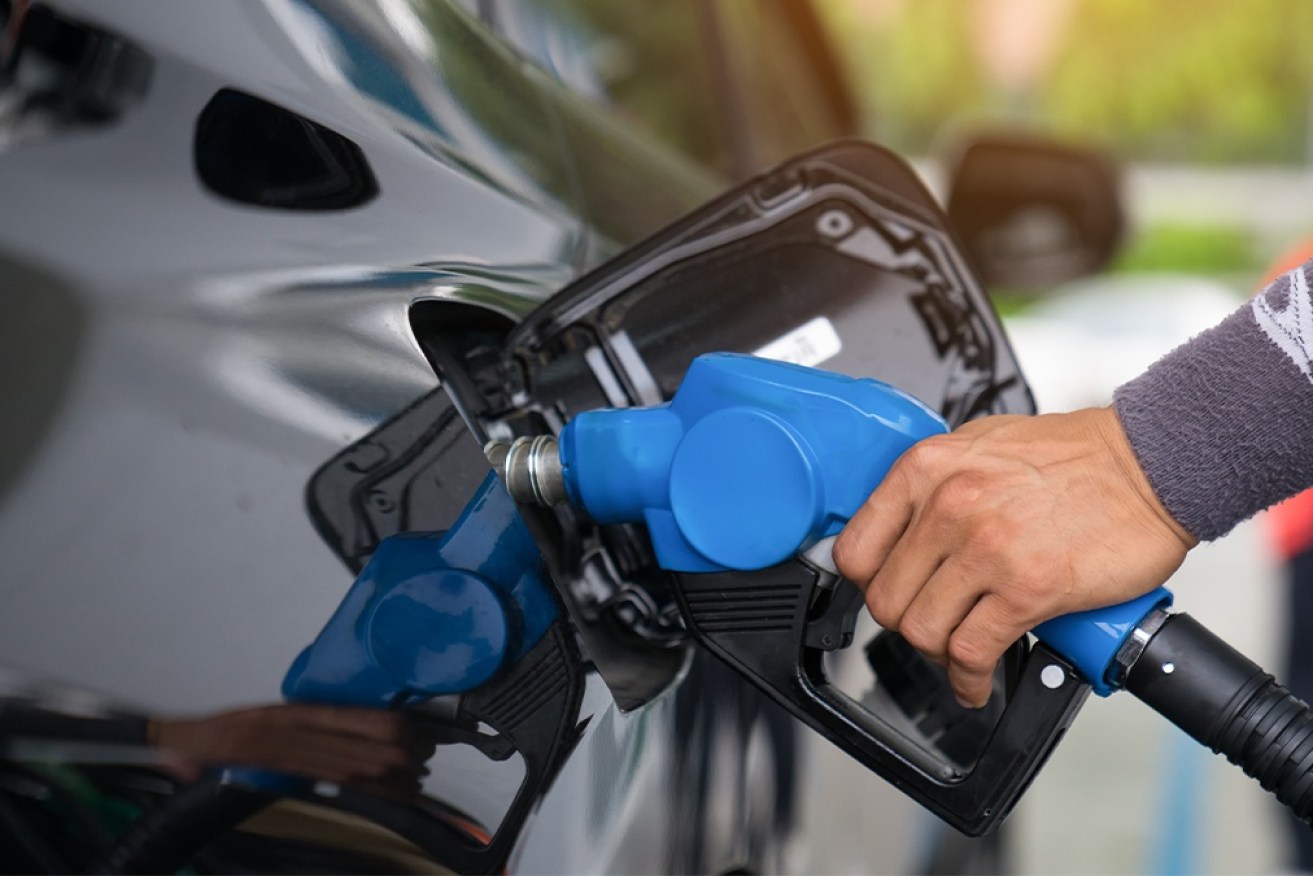‘Double whammy’: Petrol prices to surge as global oil rebounds before tax relief ends


Petrol prices have plunged to an 8-month low Photo: Gettty
Australians are being warned to brace for higher fuel costs in September and October as rising global oil prices flow through to local petrol bowsers and the government ends its temporary fuel excise cut.
The end of the fuel excise discount on September 30 will double the tax paid on petrol to 44.2 cents per litre and push up local fuel costs at a time when rising global oil prices are already making it more expensive for Australian motorists to fill up their tanks.
Industry data shows national average prices hit a four-week high of 177.3 cents per litre last week – and that number is only expected to keep rising in coming weeks.
“We may see the excise reinstated and higher oil prices, particularly if OPEC is hawkish in their [September] statement,” CommSec senior economist Ryan Felsman said.
“It could be a bit of a double whammy for households.”
The reinstatement of the fuel excise is almost guaranteed to flow through to higher petrol prices, but National Road Motorists Association (NRMA) spokesperson Peter Khoury said retailers shouldn’t pass through any immediate hikes.
“Service stations will still have fuel in their tanks … that they bought wholesale at a reduced tax rate,” he said.
“Prices definitely shouldn’t go up immediately.”
Mr Khoury called on the consumer watchdog to monitor retailers to ensure they don’t rip off motorists, following earlier reports in The New Daily that found retailers failed to pass on the full benefit of global oil price falls to motorists during the fuel excise holiday.
‘Weird’ price cycle
Though national average petrol prices inched up last week, the past few months has seen big capital markets like Sydney exhibit some strange behaviour, Mr Felsman explained.
Typically, petrol prices in major east coast markets rise and fall on a semi-regular basis, but the last cycle has been particularly long and shallow.
For example, average bowser prices in Sydney, Melbourne and Brisbane reached a low in early August before rising again – by about 20 cents per litre in each city – in mid-August.
From there, prices fell again, much earlier than they would in a typical market cycle, though the declines were smaller than the previous increase earlier in the month.
The good news, Mr Felsman said, is this suggests the discounting part of the market cycle still has some time left and should support lower bowser prices (at least in Sydney) over the next week.
That means many motorists still have time to fill up at cheap prices before bowser boards begin going up again in September.
Mr Khoury expects petrol prices to start rising again in September before the fuel excise is reinstated at the end of the month.
“We will start to see prices go back up again, but it won’t happen overnight,” Mr Khoury said.
Oil outlook sours
The Albanese government has ruled out extending the fuel excise cut beyond September 30, saying the budget could not afford the cost of further bowser relief for households.
It means prices will progressively increase in October by about 22.1 cents per litre, though this process is expected to take a few weeks to unfold.
Worryingly, it’s looking increasingly likely these hikes will occur against the backdrop of higher global oil prices, which will worsen the squeeze on household budgets.
After falling in late July and early August, Brent crude oil prices rose 4.4 per cent to $US100.90 ($143) a barrel last week as fears that OPEC+ would cut oil production outweighed fears about economic slowdowns.
Mr Felsman said there’s a “tug of war” going on in the oil market right now as inflation fears put downward pressure on prices while the supply outlook sours, pushing prices higher.
“A lot of focus at the moment is on the potential for supply interruptions in Libya [and] talk OPEC might cut output at its next meeting,’’ he said.
Despite a recent visit from US President Joe Biden that was designed to convince Saudi Arabia to pump more oil, the gulf nation has signalled it might push for a production cut at OPEC’s next meeting in September.
If that happens, it will support higher oil prices that would flow through to Australian bowsers at the same time that the fuel excise cut is expiring.








